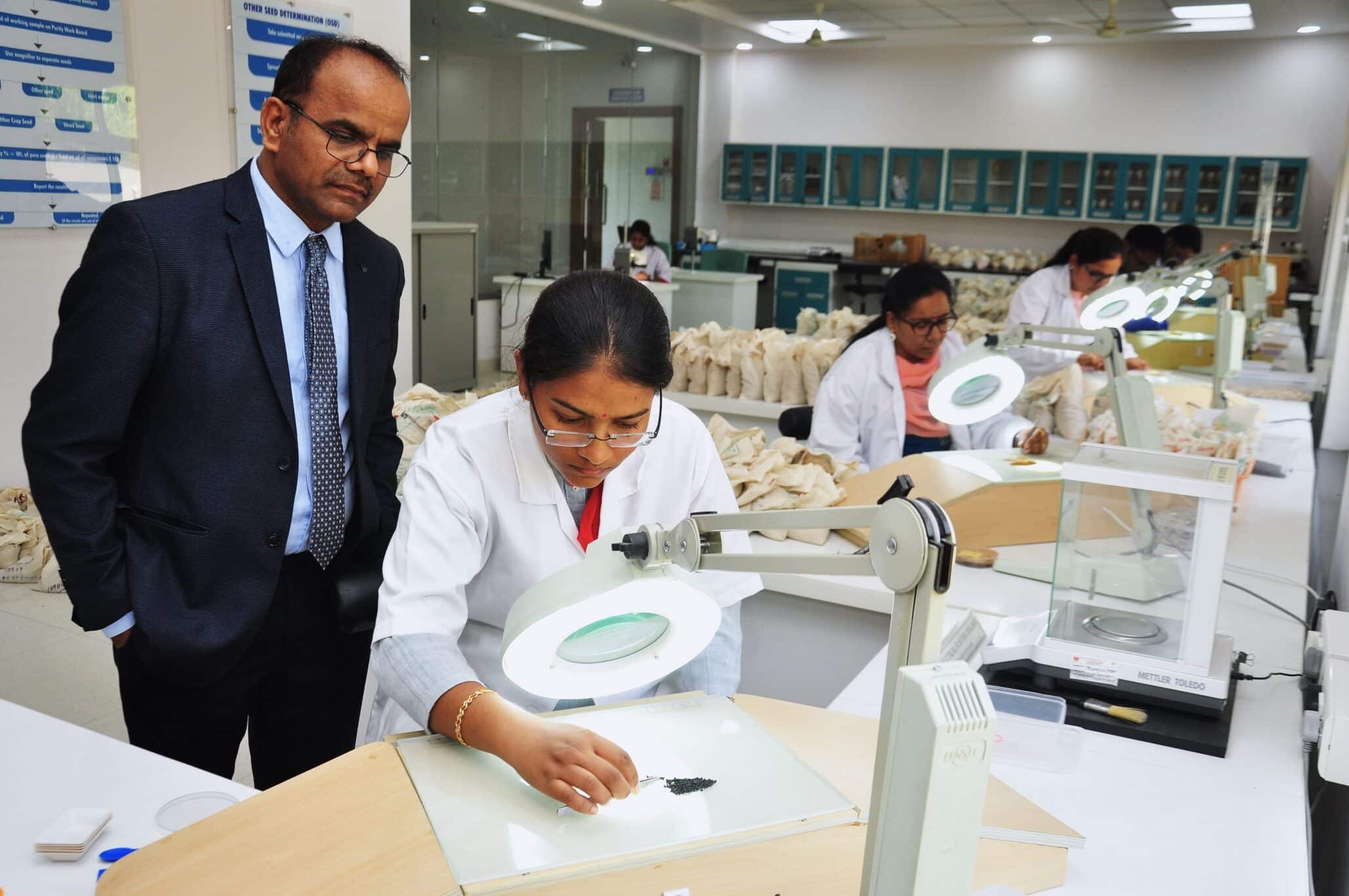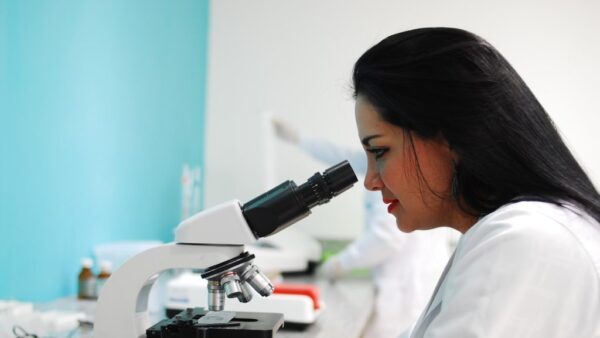Is there any future for innovation in Europe’s agriculture industry?
On behalf of the European Seed Association, we are very excited for the 2011 World Seed Congress in Belfast, Ireland. As the secretary general of ESA, I’d like to take some time to discuss the challenges facing the seed industry in Europe. Years of talks between European Parliament and EU member states on a new regulation on novel foods finally collapsed on March 28, 2011, leaving the issue on how to regulate the development and marketing of food products resulting from innovative technologies wide open.
The main reason for the breakdown was Parliament’s insistence on a ban on food from cloned animals and their descendants, motivated by its perception of a negative public attitude towards the technology highlighted in a recent “Eurobarometer” survey. Member states and Commission argued that such a ban would be impossible to implement and enforcement would be technically unfeasible in practice, irrespective of possible EU labelling provisions, as third countries would not apply the same approach to such products. As well, a ban on imports would not be compatible with the international trade rules that the EU has signed—with the European Parliament’s explicit consent.
The failed negotiations now leave the old Novel Food Regulation in place, which had been put up for revision mainly to provide more legal certainty and to promote innovation in food production. The failure of talks also means that proposed rules in other areas, such as innovative breeding techniques and nano-materials, will not (yet) come into force. But there are worrying signals that this may only be a matter of time: experts from EU member states are currently discussing the regulatory status and possible extension of requirements for numerous modern plant breeding techniques. The Commission has been quick to state that a new proposal to regulate novel foods, i.e. to subject them to stringent safety assessments, authorization, and possibly traceability and labelling requirements, will soon be put forward.
This policy approach is in line with the EU’s ongoing debate over the use of biotechnology in general, and specifically, GM technology in its agri-food production chain. Here as well, science plays a minor role in the discussion. While evidence of the safety and usefulness of GM crops is literally growing on 150 million hectares each year, Europe finds ever-new reasons to deny its breeders, farmers, growers and food producers access to this technology. All in all, it seems there is little hope for innovation in European plant breeding and crop production. At the same time, the EU continues to promote its general objective of becoming the most innovative knowledge-based bio-economy on the planet, and continues to co-fund numerous R&D projects in science and technology.
Europe’s plant breeding industry always insisted that only such novel products that are substantially different from existing ones should be regulated. We still fear that science, practicality and fair competition will be pushed to the sidelines by regulatory overkill concepts. If Europe’s plant breeders become subject to new requirements and rules wherever they make use of modern breeding techniques in the development of new plant varieties, regardless of the nature of the final product, innovation will be stigmatized and its competitive advantages undermined.
ESA has repeatedly underlined that such EU requirements would not be enforceable for imports as most third-party countries don’t see a need for specific rules. But it is also impossible to detect or differentiate many of the new products. It would thus be misleading to single out some products simply because of their production technology, even when the end- products are exactly the same. As an industry, we fear that the EU approach will effectively discourage innovation and, after GM crops, will drive yet another set of modern technologies out of Europe—only to see the resulting products being imported without such rules and associated costs applied to them.
Together with farmers and public research institutes, ESA and a number of individual plant breeding companies are trying to address the consequences that such loss and lack of innovation will have on the entire EU agri-food chain and for European consumers. This will also affect the EU’s contribution to the resolutions of some of the greatest challenges of our times: the preservation and sustainable use of natural resources to produce more food at affordable prices for the growing world population. “More and better” are the key words in this challenge, and genetic progress is the key to meeting it.
The European Technology Platform’s Plants for the Future hosted a high-level conference in the middle of May that brought leading experts, business representatives and policymakers together in Brussels to address these and many other points in the common quest to promote plant breeding innovation. However, more than a single event is needed to change the tide. Plant breeders, farmers and food producers must continue to join forces in explaining the need for, and crucial role of, innovation in their commitments to sustainability, safety, and their contributions to the greening of our economies, improvement of food security and preservation of resources. They must also advocate for a suitable regulatory requirement that promotes such innovations instead of hindering them or rendering them economically unviable.
Only if we succeed, will we be able to free the impressive innovative capacity of Europe’s plant scientists, plant breeders, farmers and food producers. And only if we accomplish this, will Europe stand a chance in meeting its self-proclaimed policy objective and truly become the knowledge-based bio-economy of the 21st century. Garlich von Essen













